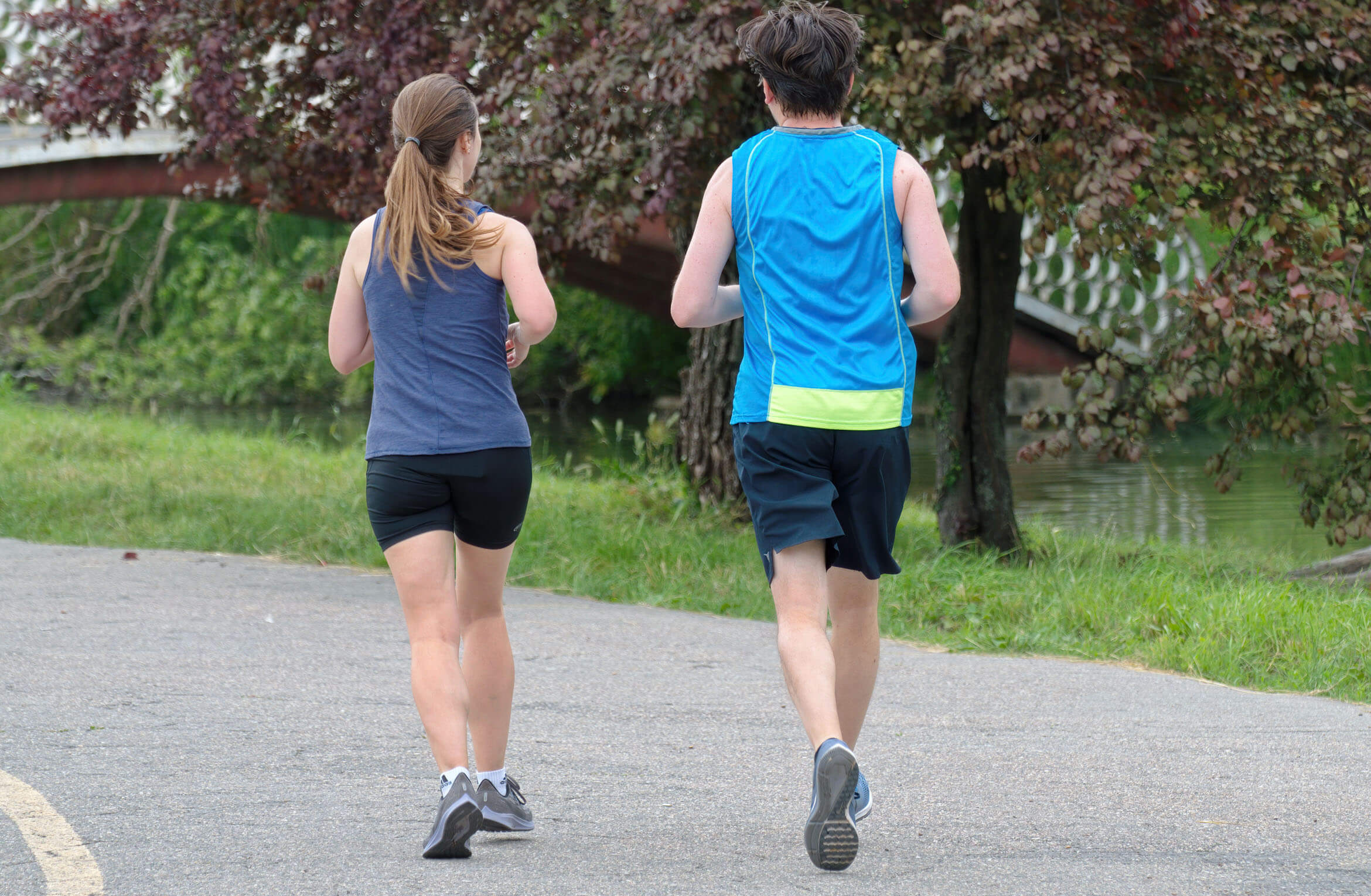
According to new research published in the British Journal of Health Psychology, people with higher social support are involved in more physical activity. The study further found that this effect can be partly explained by the role of social support in reducing pain.
The psychology literature has linked social support to various health outcomes, including engagement in physical activity. As study authors Mark Stevens and his colleagues suggest, there is also evidence that social support has an attenuating effect on pain, which could explain its link to increased physical exercise.
A study was conducted among 12,517 respondents of the Household Income and Labour Dynamics in Australia (HILDA) survey, a nationally representative survey of Australian residents. The study also included a subsample of 927 participants who reported suffering from chronic pain.
The HILDA survey is conducted annually in waves, and the current researchers were interested in assessments of social support taken at Wave 15, assessments of pain taken at Wave 16, and physical activity levels at Wave 17. With these measures, the researchers were able to analyze the indirect effect of participants’ social support (measured at Wave 15), on their physical activity levels (at Wave 17), through their pain levels (at Wave 16).
First, for both the full sample and the subsample of participants with recurring pain, social support was found to predict decreased pain in the future, and pain was found to predict lower physical activity. Importantly, mediation analysis found an effect for social support on physical exercise through decreased pain.
Further, a longitudinal model was tested which included subjects’ reported pain and physical activity levels at baseline (Wave 15). Again, in both samples, participants with higher social support experienced less subsequent pain, and pain predicted decreased physical exercise.
As Stevens and associates point out, these findings suggest that interventions designed to enhance people’s social support systems can be beneficial in increasing their physical activity.
“Moreover, our findings suggest that such social interventions might particularly benefit those whose engagement in physical activity is more fundamentally limited by pain, with somewhat stronger indirect effects observed in our subsample of participants with a condition that causes them pain, than in our full sample,” Stevens and team say.
One limitation of the study was that it did not include assessments of different types of social support or diverse types of physical activity. Including such measures in future studies would help clarify the current findings.
“Our findings,” the authors observe, “contribute to evidence for the role of health behaviours (specifically greater physical activity) and extend beyond this by indicating that the relationship between social support and physical activity is also one that occurs indirectly (including through pain).”
The study, “Social support facilitates physical activity by reducing pain”, was authored by Mark Stevens, Tegan Cruwys, and Kristen Murray.
(Image by Candid_Shots from Pixabay)
"activity" - Google News
October 15, 2020 at 06:44PM
https://ift.tt/3lPQAp2
Longitudinal research suggests social support can promote physical activity by attenuating pain - PsyPost
"activity" - Google News
https://ift.tt/3ddCXMh
https://ift.tt/2WkO13c
Bagikan Berita Ini















Dewa HOKI lagi ada di pihak mu lo segera daftar dan bermain di DEWALOTTO kemenangan nyata menanti anda semua lo segera merapat ya guyss... :D
ReplyDeleteADD WA +855 888765575 Terima Kasih admint...:)